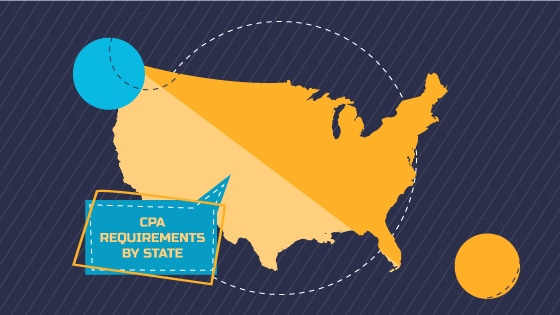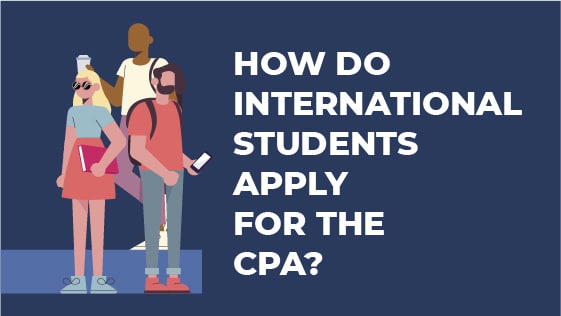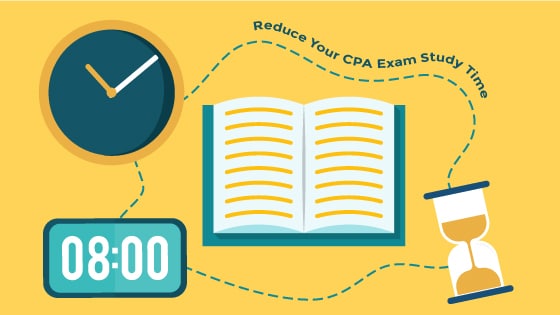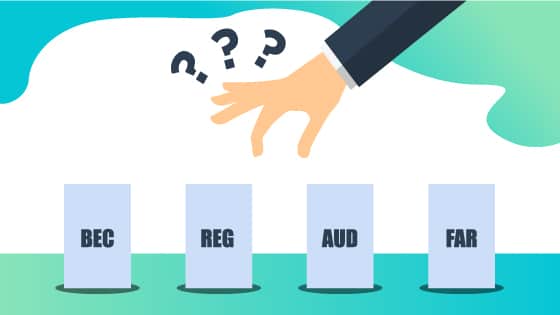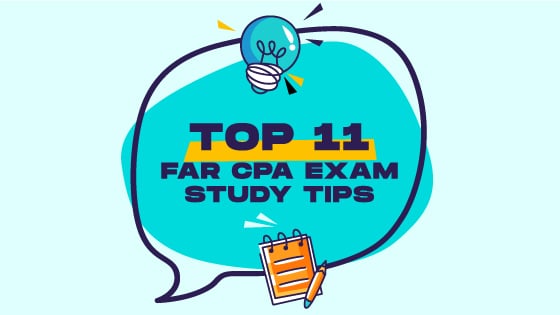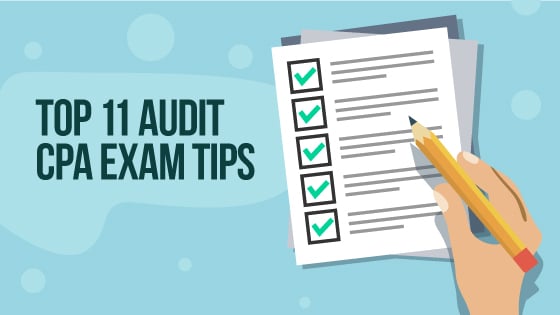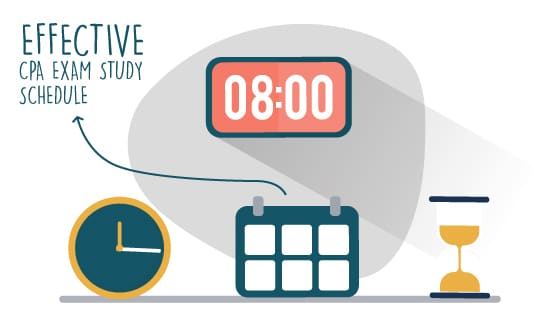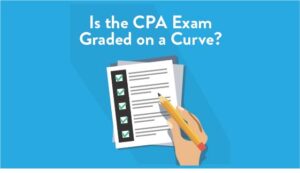
The CPA Exam is NOT graded on a curve. Every candidate’s score is entirely independent of those of other candidates. A traditional grading curves compare the candidates to each other and base the scores off of the total pool of test takers. However, the CPA Exam is a criterion-referenced examination.
The CPA exam is based on predetermined standards that demonstrate the level of knowledge and skills required to pass. Since every candidate is judged against the same standards, every score is an independent result.
CPA Exam Scoring
There is a lot of confusion out there about the curvature of the CPA exam—sounds silly or like an astronomy phrase, but trust me it’s a topic that comes up over and over. I promise, it is not curved.
However, the CPA examination does work a little differently than a typical test, which is why many make the mistake and think the CPA exam is curved. Each exam has three testlets. The testlets vary in difficulty and all candidates start out with a testlet of medium difficulty. How well you did on the medium level testelt will determine whether your next testlet will be more difficult.
For example, if a candidate does poorly, the next testlet will stay at the medium level of difficulty. If he or she does well, the next testlet will be more difficult. So, according to the AICPA, the exam is “curved” based on your performance, but your scores are still independent from other test takers.
Basically, your testing experience is curved, not the actual score you receive.
Related Blog Posts & Resources
- CPA Exam Score Release Dates
- Which CPA Exam Section Do I Take First?
- CPA Exam Blueprints
- CPA License Requirements by State
How the CPA Exam is Graded
When I was trying to understand how the CPA exams were graded, I got very confused with all the fancy terminology. So, I’m going to try and explain it in layman’s terms. For the CPA exam, there is a certain number of “pre-test” questions that are not graded. There is no way to differentiate these from the other test questions. These pre-test questions are assigned a point value based on the difficulty of the question.
The harder the question, the higher the point value. The easier questions will fall into the “medium-level” testlets, and harder ones into the “difficult” testlets.
This means that if you feel like you didn’t do well it doesn’t mean you didn’t pass. Perhaps the last two testlets you got were of a higher difficulty and you felt you didn’t do well on them. But remember, these questions are worth more points and each correct answer gets you closer to the passing CPA score.
CPA Exam Passing Score
To pass the CPA exam, you need 75 points. Everyone essentially starts out with zero points and correct answers earn you points. A passing CPA score of 75 indicates you have performed well enough to reflect a level of knowledge and skills that is sufficient for the protection of the public. The passing score is determined by the AICPA Board of Examiners (BOE). The BOE considered many factors when setting the passing score, including standard-setting study results, historical trends, any changes in CPA Examination content, and input from the academic community and the profession.
So now you know the breakdown of the CPA Exam grading. For those just starting your initial CPA research, keep this score in mind as you plan a study schedule and choose a review course. It pays to know what your strengths are and what might need some extra attention before you take each exam. For those who have already taken their exams, don’t feel discouraged if it seemed hard. You probably crushed it!
Bryce Welker is a regular contributor to Forbes, Inc.com, YEC and Business Insider. After graduating from San Diego State University he went on to earn his Certified Public Accountant license and created CrushTheCPAexam.com to share his knowledge and experience to help other accountants become CPAs too. Bryce was named one of Accounting Today’s “Accountants To Watch” among other accolades. As Seen On Forbes
